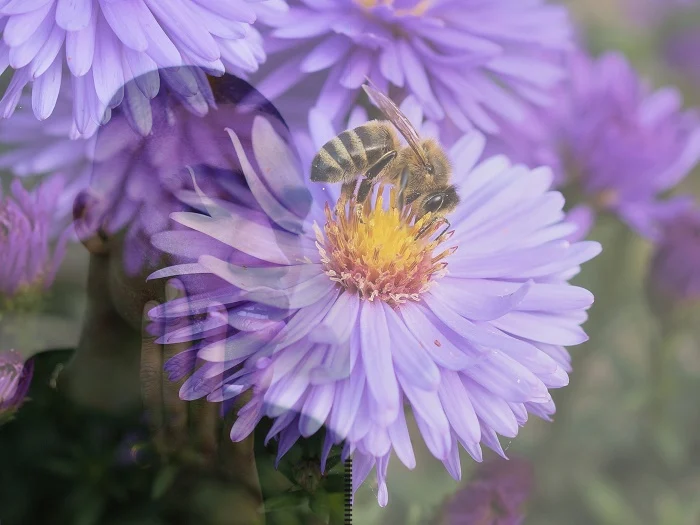Traditional Ethiopian Folktale: How Bees and Flies Were Once Human
African folktale of bees and flies explains how hard work brings reward. This Ethiopian nature myth shows why being “busy as a bee” became a lasting symbol of diligence.
Traditional Ethiopian Folktale: How Bees and Flies Were Once Human
Long ago in Ethiopia, two tribes lived side by side but could not have been more different. One tribe worked every day, gathering food and storing it safely before the summer rains ended. The other spent its time singing, dancing, and playing without a care for the future.
“Come and play with us,” the carefree people called. But the busy ones replied, “No, come work with us. The dry months will soon arrive. If we do not gather food now, we will starve.”
Still, the lazy tribe only laughed. “Let the workers toil,” they whispered. “They will have enough food for both tribes, and surely they will share with us.” So one group labored among the flowers, collecting sweet honey, while the other danced and sang.
When the rains ended and the land grew dry, the hardworking tribe felt pity for their neighbors. They shared their honey freely, so the idle ones ate as well as if they had labored.
Another summer came. The workers said, “If we live nearer the lilies that give us honey, we can gather food more easily.” So they flew to the flower fields. The lazy ones, still dancing, thought, “Our friends will return with honey for us.”
But when the busy tribe moved away, they changed forever. Their reward for hard work was transformation into bright, buzzing bees — swift gatherers of nectar and makers of golden honey. The carefree tribe, left hungry and foolish, became restless flies, forever buzzing about in search of scraps.
Thus, Ethiopians say the bee reminds us that industry brings sweetness and security, while the fly warns against idleness and empty play.
Folktales like this remind us that wisdom lives in everyday work. African Proverbs About Work and Reward echo the same lesson for modern life.


























